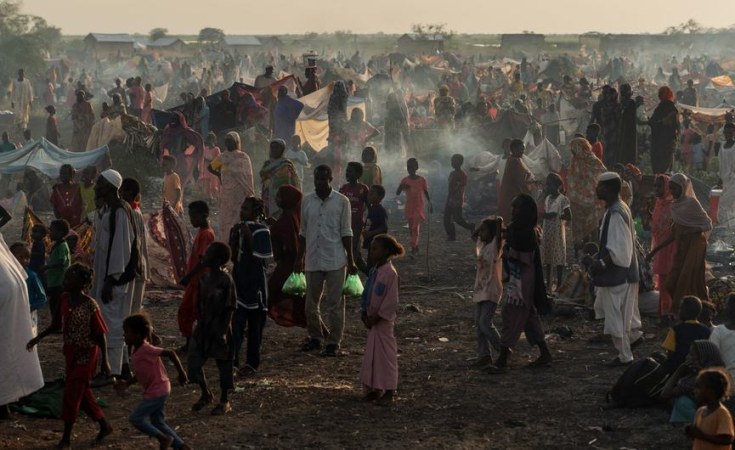A directionless response toward the conflict in Sudan continues to exact devastating consequences on civilians and the region.
Sudan's crisis, already so costly, is getting worse by the day. News that the Rapid Support Forces (RSF) have taken Wad Madani, a major city that had served as a refuge for hundreds of thousands of civilians and a hub for humanitarian operations, is the latest blow. For most of 2023, the people of Sudan have been trapped between the Sudanese Armed Forces (SAF), who have indiscriminately bombed urban areas and make no pretense at civilian protection, and the RSF, a force best known for mass atrocities, looting, and the use of rape as a weapon of war. Neither force has any real political legitimacy, and both are at risk of fragmenting. While the RSF clearly has the upper hand militarily, it is an undisciplined and predatory force incapable of governing a stable state. If it manages to take the entire country, that will not equate to an end to the fighting and violence. The other scenario, a fractious and lawless de facto partition of the country, also fails to promise real relief.
It is difficult to argue with Sudanese civilians who accuse the rest of the world of shameful indifference to this catastrophe. While crises in Ukraine and Gaza dominate headlines and prompt the mobilization of massive resources and heated political debates, the horror engulfing Sudan has been met with feckless diplomacy, toothless statements, belated sanctions, and an anemic response to humanitarian appeals. Foreign powers, notably the United Arab Emirates, are supporting the marauding RSF in plain sight, with no discernable costs to their ambitions. The UN Security Council has been able to agree only on shutting down its increasingly irrelevant political mission in the country.
But it is not difficult to anticipate grave consequences from Sudan's collapse that extend beyond the terrible suffering of Sudanese civilians. Refugee flows will destabilize already fragile neighbors. Tensions arising from Chad's support for the RSF will create more opportunities for those wishing to forcibly topple the current leadership in N'Djamena. South Sudan, seemingly always on the brink of state failure itself, will only grow more unstable. The self-interested and transactional nature of the armed actors destroying Sudan will provide even greater fuel to international criminal networks engaged in resource smuggling and money laundering. Perennial spoilers, like the governments of Iran and Eritrea, will find new avenues to assert their malign influence. The threats to Red Sea commerce will only grow. A state that could have been an important bridge between the Middle East and Africa will instead become an exporter of insecurity to both regions.
Sudan's ever-worsening crisis is heartbreaking and infuriating, especially because the Sudanese people so bravely demonstrated their resolve to create a peaceful, inclusive, and just society only a few years ago. It's also an example to the rest of the world about the dysfunction of international institutions, the impotence of international rules and norms, and the injustice of a global system that undervalues the lives of Africans. These signals are another cost that will weigh heavily on the consensus-building efficacy and credibility of major powers, not least the United States, for years to come.


